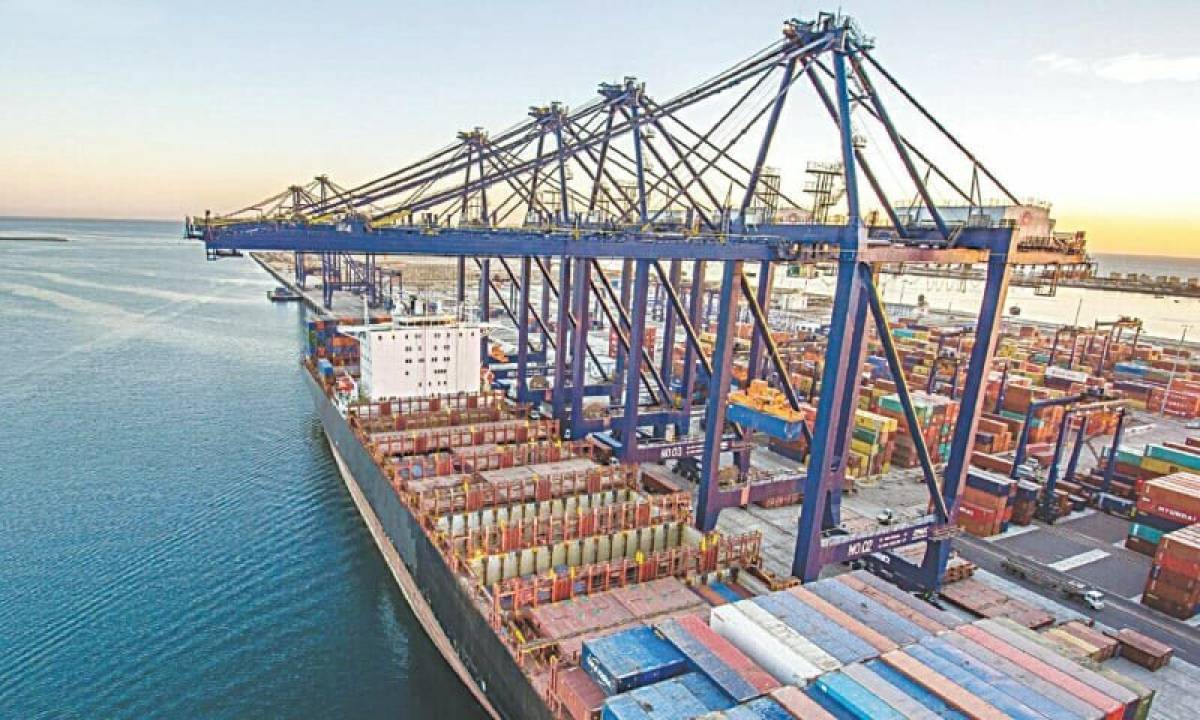The first consignment of wheat imported from Russia by the private sector has successfully reached the Karachi port on Sunday, providing much-needed relief to Pakistan amidst a severe wheat shortage and flour crisis. According to sources, the private sector has procured the wheat at a rate of $279 per metric ton, and the arrival is expected to significantly impact the ex-mill price of sugar, reducing it to Rs 92 per kg. This development comes after a Russian ship carrying 50,000 tonnes of wheat had previously reached Gwadar Port, prompting the government to take proactive measures to stabilize the country’s wheat supply.
Wheat Import Eases Flour Crisis and Stabilizes Prices
The arrival of the first shipment of Russian wheat marks a crucial turning point in Pakistan’s ongoing flour crisis. Earlier this month, the nation experienced an unprecedented spike in wheat flour prices, with rates of 10- and 20-kilogram flour bags soaring by Rs 50 and 20, respectively. The soaring prices had placed immense strain on households and bakers alike, threatening food security and causing economic hardships.
However, with the Russian wheat reaching Karachi port, the situation is expected to see a drastic improvement. The private sector’s move to import wheat at $279 per metric ton provides a viable solution to alleviate the wheat shortage and stabilize the flour prices. The increased availability of wheat is expected to bring down the flour prices, making it more affordable for consumers across the country.
Private Sector’s Wheat Deal with Russia and its Implications
The private sector’s initiative to import wheat from Russia at $279 per metric ton is a strategic move that not only addresses the immediate wheat crisis but also holds long-term implications for Pakistan’s agricultural sector. The collaboration with Russia has opened up new avenues for bilateral trade, fostering economic ties between the two nations.
Moreover, the successful wheat import deal is expected to bolster confidence in the private sector’s ability to mitigate supply chain disruptions in the future. This development is likely to encourage further private sector involvement in handling crucial commodities and ensuring a more stable and reliable supply of essential goods.
Impact on Sugar Prices Following Russian Wheat Arrival
In a welcome development for consumers, the arrival of Russian wheat is anticipated to have a cascading effect on the sugar market. With the government taking measures to import wheat and stabilize its prices, the ex-mill price of sugar is projected to decline to Rs 92 per kg. This will bring relief to millions of households grappling with the burden of high sugar costs.
The connection between wheat and sugar prices highlights the interdependence of various food staples in Pakistan’s economy. As wheat availability increases, the demand for alternative sources of carbohydrate, like sugar, is expected to experience a natural balancing effect, leading to a reduction in sugar prices.
The successful arrival of the first consignment of Russian wheat at Karachi port brings a glimmer of hope to Pakistan’s wheat crisis and soaring flour prices. The private sector’s initiative to import wheat from Russia at $279 per metric ton showcases the potential of private enterprises in alleviating supply chain disruptions and stabilizing crucial commodities. With the imminent drop in the ex-mill price of sugar, this development promises a much-needed respite to the consumers grappling with the rising costs of essential food items. As Pakistan takes bold steps to ensure food security and economic stability, the nation looks forward to a more secure and prosperous future in the agricultural sector.
















